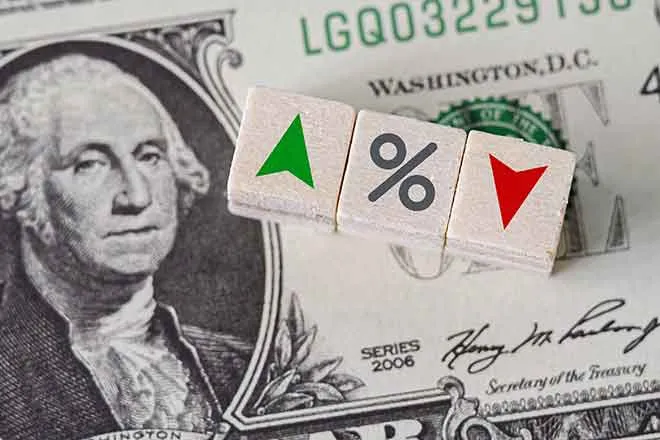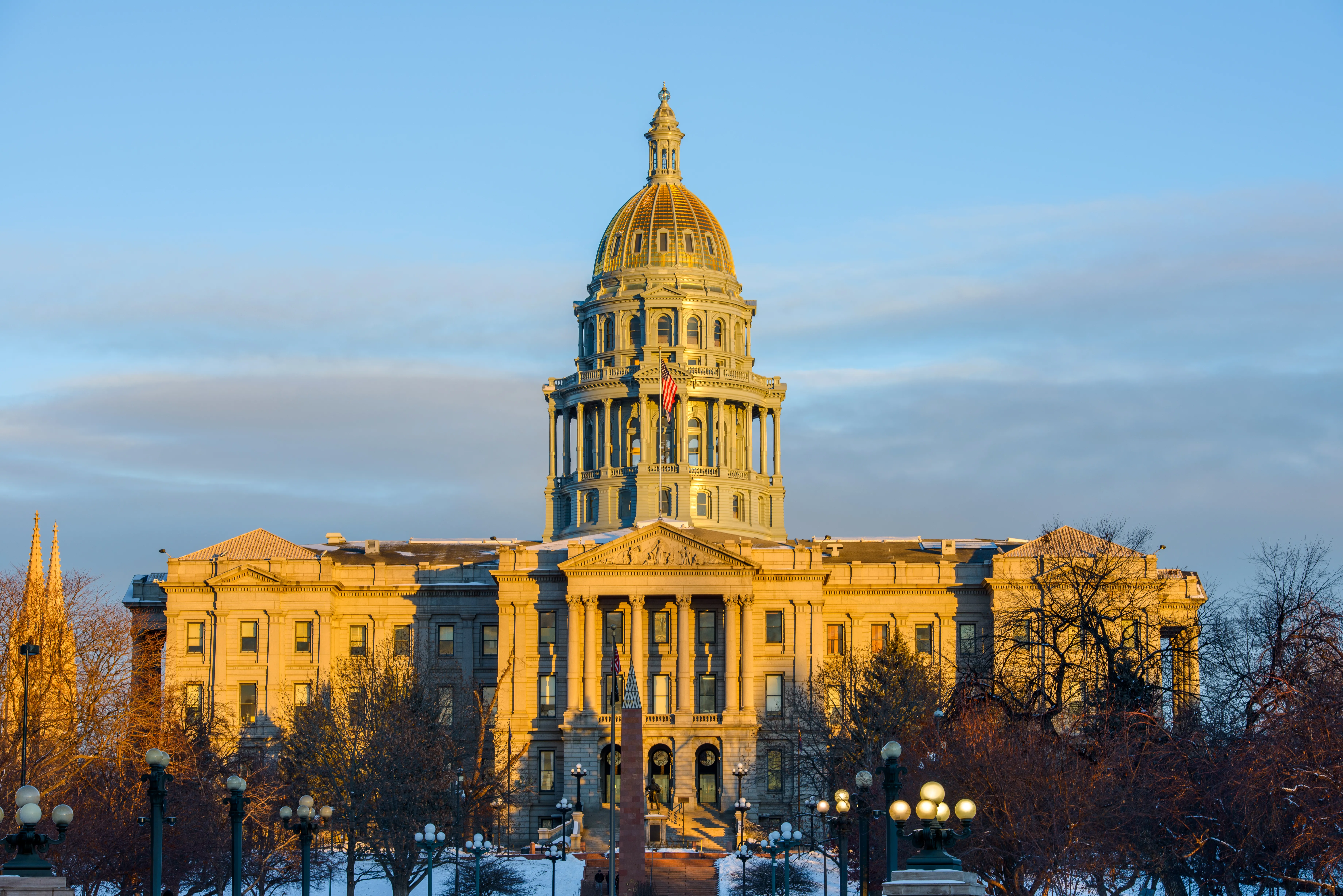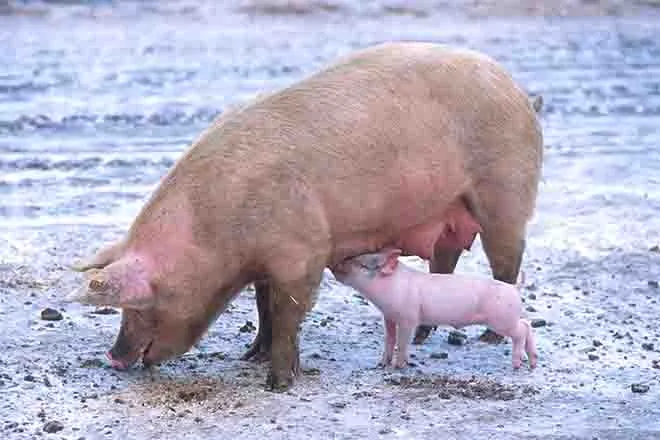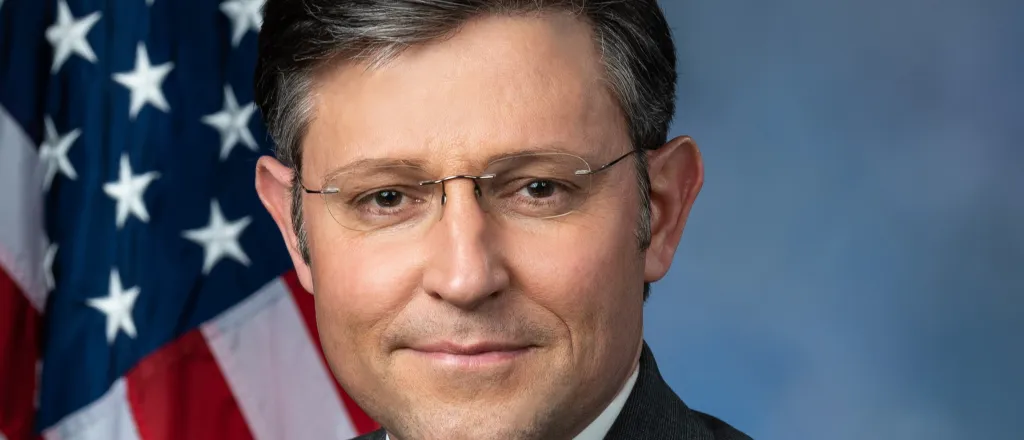
Three Republicans jeopardized Johnson's re-election as speaker; two changed minds
Three Republican holdouts appeared to block the re-election U.S. House Speaker Mike Johnson, R-La., during the first round of voting, but two changed their minds in time for Johnson to cinch the position with 218 votes before the first roll call closed.
Representatives Thomas Massie from Kentucky, Ralph Norman from South Carolina, and Keith Self from Texas each initially voted for other Republican candidates instead of Johnson during a first round of voting Friday.
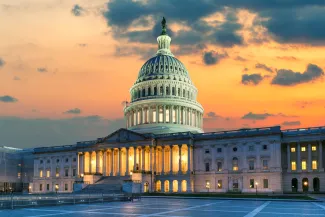
Johnson was unable to afford more than one Republican “no.” Since Massie had already expressed his unequivocal opposition to Johnson some days ago, Johnson’s re-election hinged on Norman and Self switching their votes. Massie had voted for Representative Tom Emmer, Norman had voted for Representative Jim Jordan, and Self had voted for Representative Byron Donalds.
After a brief discussion off the floor with Johnson during a recess, Norman and Self changed their votes. Massie is the sole Republican who ultimately refused to vote for Johnson.
All 215 Democrats voted for House Minority Leader Hakeem Jeffries, D-N.Y.
Before the recess, seven other Republicans did not respond at the first count and waited until the end of the ballot to vote for Johnson to increase the pressure.
Those holdouts, who had previously expressed dissatisfaction of Johnson’s speakership, included:
- Representative Andy Biggs
- Representative Michael Cloud from Texas
- Representative Andrew Clyde from Georgia
- Representative Paul Gosar from Arizona
- Representative Andy Harris from Maryland
- Representative Chip Roy from Texas
- Representative Michael Waltz from Florida



